The most important thing to know about your credit card is the monthly cycle. This will help you get the most of out of your card and minimise fees and interest.
There are four key dates that make up your credit card monthly cycle:
The Billing Period
The Statement Closing Date
The payment due date
The Interest Free Period
These are usually detailed on your statement. Grab your statement and have a look. Using my statement as an example, it shows a billing period (or statement period) of 25 June to 24 July and a Payment Due date of 7 August.
This means that all transactions processed between 25 June and 24 July appear on the statement. This can include purchases that were made before 25 June, but were processed after it.
As my Due date is 7 August I must pay the balance in full by that date to avoid paying interest. Any cash advances in the period will attract interest from the date of the advance.
Two things to keep in mind about your payment:
It must be made after the closing date (unless the closing balance is zero) and before the Due date.
A refund (for example because you returned an item to the store) processed after the closing date but before the due date will not qualify as a payment even if it wipes out the full balance.
If you don’t make a payment of at least the minimum payment by the due date, you will usually incur a late fee.
If you make a payment by the due date but it is less than the full amount of the closing balance, you will pay interest on purchases on the current statement and on future purchases until you make a full payment.
This means in the case of my statement above, if I don’t pay in full by 7 August, interest will be calculated on all purchase made during the billing period and added to the opening balance for the billing period commencing 25 July. In addition, all purchases made in the new billing period will attract interest from the date the purchase is processed.
The interest free period is largely marketing hype. It is the period from the start of the billing period to the payment due date. In my case this is 44 days. In practice it is anywhere from 14 days (the period from the end of the billing period to the due date) to 44 days. For the average transaction it is more like 29 days.
It can help to align your payment due date with your pay cycle. So for example if you get paid on the 15th of every month (which is quite common), then it may help to get your bank to arrange the payment due date to be the next day.
There is a law that restricts the banks from moving your payment due date by more than 10 days, so it might take a couple of changes to get to the date you really want.
If you have more than one credit card, it could help to have the payment due dates staggered so you can maximise your interest free days. Each time you buy something just charge it to the card with the longest to go till the end of the billing period.
If you are planning going using your credit card to buy an expensive item like a new TV and you intend to pay it off over a few months, then make sure you don’t charge any of your day to day expenses to that card in the billing period you make the purchase or any other billing period until you have paid the balance in full (including any interest charges)
What did you think of this article? Help make Life Sherpa® even better by giving us your opinion below.

Vince Scully
Life Sherpa®
With over 25 years in Financial Services from consulting to management, Vince Scully is the go-to guy for wealth management and financial advice. Vince founded the Calliva Group; a fund manager, product issuer, advisor and lender to Government and private clients. Vince is an advisor to the Wealth Management Industry, and prior to his role as CEO at Calliva, a senior member of Macquarie bank’s infrastructure team.
Related Articles
Sign up to learn more money management tips!
Trending Articles
Why not take a quick quiz?








